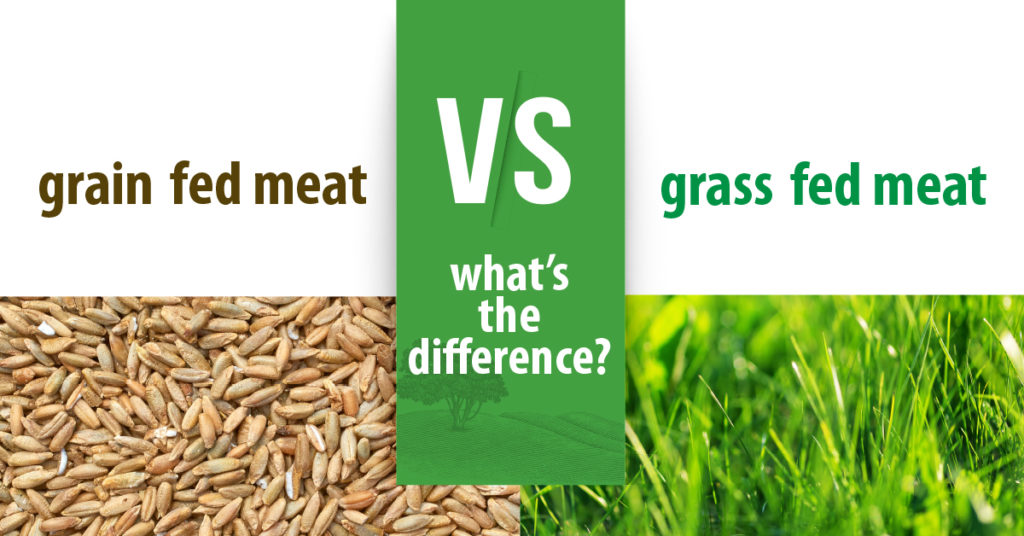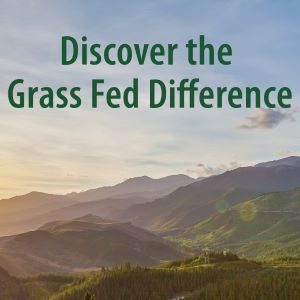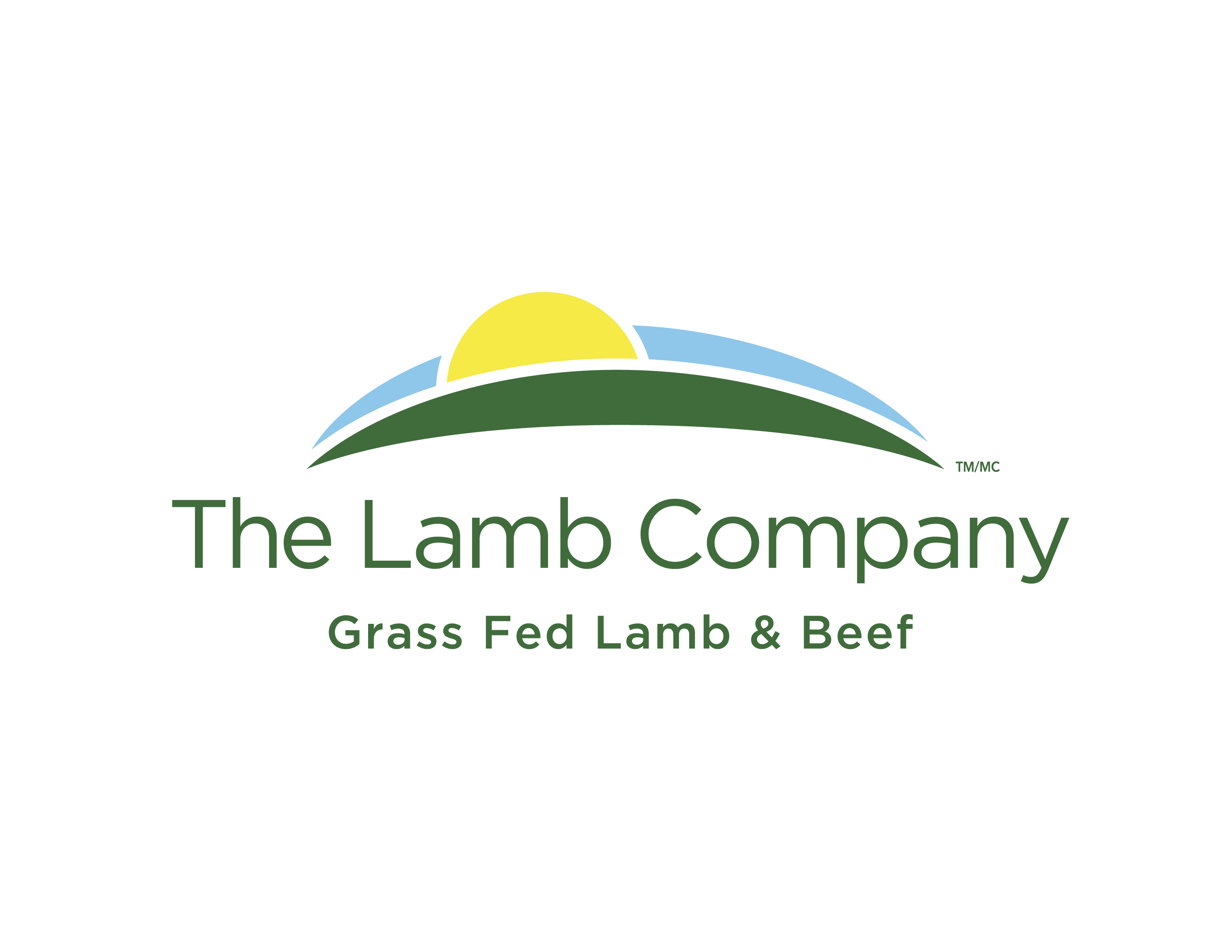Grass Fed vs Grain Fed Meat

What’s the Difference Between Grass Fed and Grain Fed Meat?
The way that animals are fed can have a major effect on the composition of their meat, depending on whether they’ve been grass fed or grain fed. You may be wondering what the differences are in taste and quality, and which option can be more beneficial to your health and our environment. Read on to learn more about the differences between grass fed and grain fed meat.
Taste
The taste of our grass fed lamb, beef, and venison at The Lamb Company is unrivaled. Grass fed meat is known to be much leaner, more finely textured, and naturally more flavorful. Due to a diet of fresh grasses on our pastures in New Zealand and Australia, our meat is naturally tender, juicier (thanks to the higher moisture content) and boasts a pure, mild flavor.
Grain fed animals are used to an increased diet which consists of a variety of grain, soy, or corn by-products which can cause their meat to taste “greasy” not juicy.
Health
When not overcooked, all meats do have certain health benefits, however, when directly compared to grain fed, grass fed meat – in general – tends to come out on top. While some may prefer the flavor of grain fed meat, regular consumption is not recommended as part of a healthy diet because the animals are primarily corn and soy-fed. This is a problem because both crops are GMO (Genetically Modified Organisms). Glyphosate is a toxic herbicide chemical that is commonly used on GMO foods, which means that a substantial amount of toxins can and will build up in the meat that will be consumed by humans.
Our grass fed meats advocate for better health and immunity due to these quality benefits:
- 1. Excellent source of protein (protein contains a complete range of amino acids)
- 2. Less total fat than grain fed meats
- 3. Contains fewer calories and cholesterol than grain fed meats
- 4. Healthier omega 3 to omega 6 ratio
- 5. Rich in vitamins A, B, D, E, and minerals (zinc and iron)
- 6. High in antioxidant and anti-inflammatory compounds (carotenoids, which come from grass)
Not only is grass fed meat healthier for humans, but it is also equally as healthy for the animals who have evolved to eat grass naturally. It should be identified that feeding them a varied diet of grains, corn, and soy by-products creates an acidic environment within their digestive systems, which can lead to disease and the need for treatment with antibiotics.
Quality
The delicious grass fed meat from The Lamb Company is backed by one of the most rigorous, comprehensive, and transparent nationwide Quality Assurance programs, independently audited under the strictest government regulations for Safety and Sustainability.
Our animals in New Zealand and Australia are free to roam lush green meadows of sweet grass and clovers, where they live in natural conditions all year-round – promoting animal welfare and reducing stress. There’s no need to use additives or hormones to feed, as everything they need grows naturally in our pastures.
Sustainability
Each of our farmers are committed to sustainable farming practices and animal welfare, ensuring our animals are humanely raised in free range stress-free natural conditions.
Grass fed and pasture-based farming also restores natural ecosystems and wildlife habitats, reduces reliance on petrochemicals, improves the soil with organic matter, and reduces greenhouse gasses, especially C02.

Food has become more than just fuel and consumers are looking for meat items that are healthy and sustainable options for themselves and their families. The Lamb Company is proud to offer retailers and consumers with a variety of grass fed meat products.
Please complete the short form to offer your consumers grass fed and pasture raised proteins today!
Sources:
BSc, Atli Arnarson. “Beef 101: Nutrition Facts and Health Effects.” Healthline, Healthline Media, 4 Apr. 2019, www.healthline.com/nutrition/foods/beef.
“Frequently Asked Questions.” NZ Springvale Beef, nzspringvalebeef.com/en-ca/frequently-asked-questions/.
“Discover the Grass Fed Difference.” New Zealand Spring Lamb, 16 Oct. 2018, www.nzspringlamb.com/discover-the-grass-fed-difference/.
“Top 5 Reasons to Add New Zealand Spring2 Lamb to Your Diet.” New Zealand Spring Lamb, 16 Aug. 2019, www.nzspringlamb.com/top-5-reasons-to-add-new-zealand-spring-lamb-to-your-diet/.
“Grass Fed Consumers.” American Grassfed Association, www.americangrassfed.org/grass-fed-consumers/.
Berg, D. (2019). Benefits Of Grass Fed Products Goes Beyond Just Omega 3 Fatty Acids. YouTube. https://youtu.be/BqYmrJcXGFg.
American Grassfed Association

